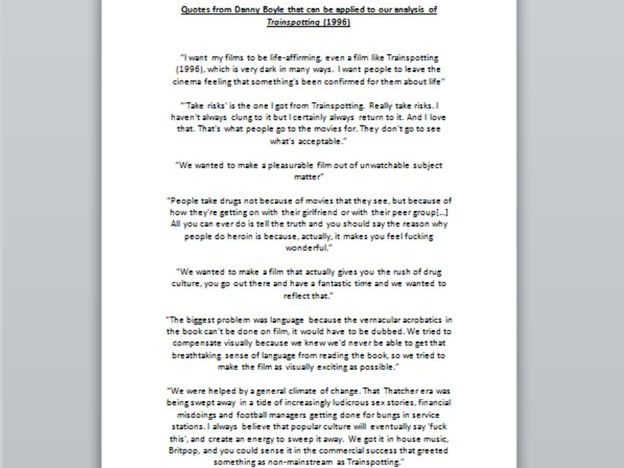987media Shop
987media provides clear, consistent and scaffolded schemes of work, lessons and resources to give learners the best opportunity to achieve highly in the reformed Media Studies and Film Studies specifications (from first teaching 2017). We provide resources for: ⠂GCSE Media Studies ⠂A-Level Media Studies ⠂A-Level Film Studies






















